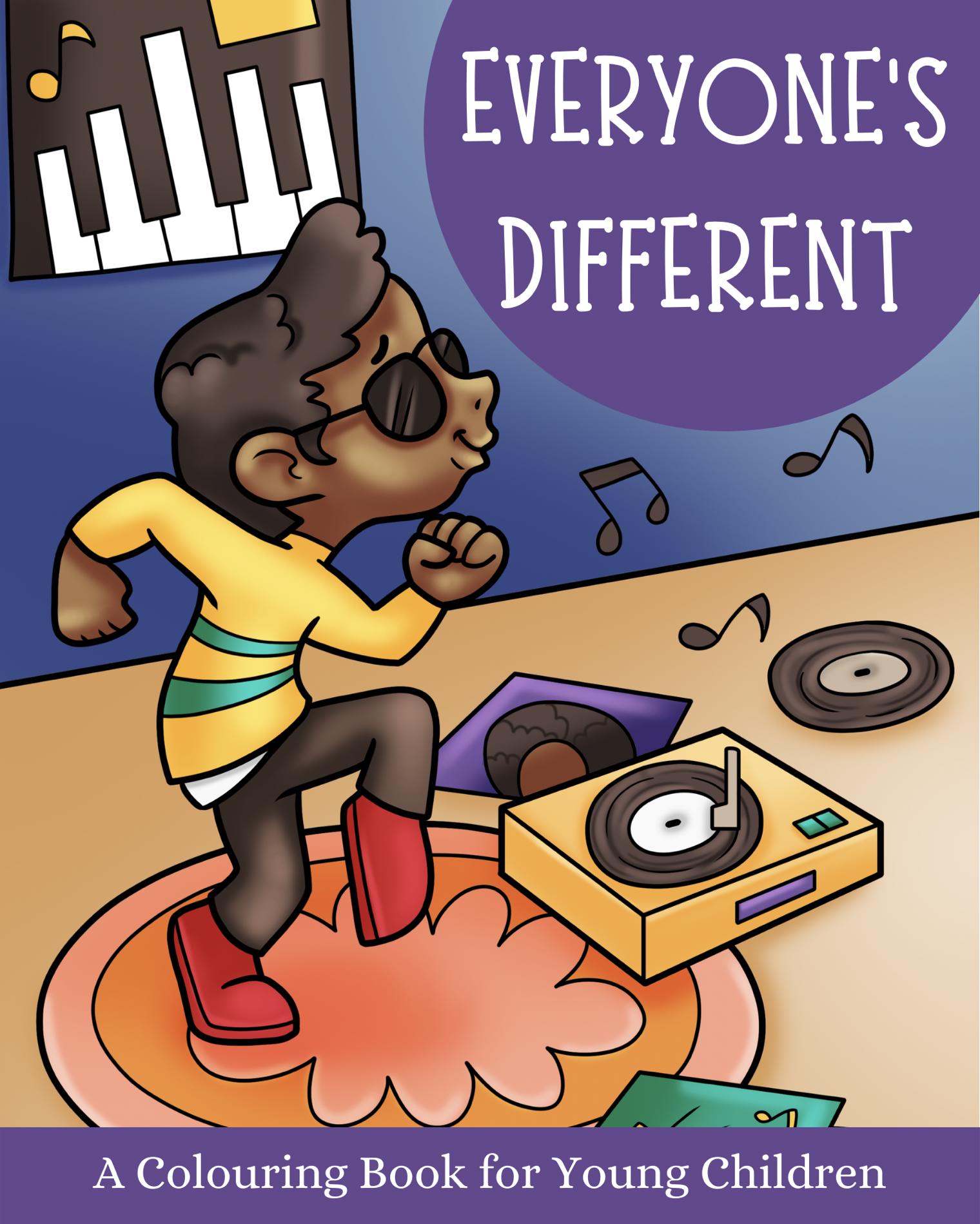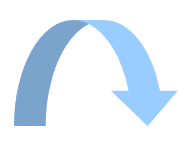Sign Up TODAY for our FREE Newsletter for UK Residents Sign me up >
FTC Disclosure
If you make a purchase via a link on this site, Disability Grants may receive a small commission on the transaction - at no added cost to you. Thank you!
- Home ›
- Disability Grants Blog ›
- Incontinence - The Big Taboo
Incontinence - The Big Taboo
Incontinence is the big taboo – no one likes to mention it!
Surprising when you think how many people have difficulties. It can affect anyone....children, men and women, both young and old.
So where do you go for support?
- Your GP should be your first point of contact as they can refer you to other services.
- For children, parents can raise their concerns with their Health Visitor or if they are already in the system your child’s Paediatrician.
Incontinence in Children
Some children struggle to gain bowel or bladder control by the accepted age. While others gain control but still have enough accidents to cause concern.
If your child has a medical condition the lack of control may be part of their condition.
Your child will be referred to a Paediatric Continence Nurse to look at possible causes. The Nurse will ask parents to keep charts and provide strategies for your child.
So, like a jigsaw puzzle the Nurse will piece together all the bits of evidence to find out the causes.
The nurse reports back to the Paediatrician or GP and depending on the results there may be further referrals to specialist Consultants.
Children become eligible for free nappies and pads at about 4 years old – the exact age can vary.
The decision to offer nappies is made by the Paediatric Continence Nurse. They are delivered in bulk usually 3 months supply at a time.
Adult Incontinence
Once a child reaches 18 years they are transferred to Adult Services.
A young person with an existing medical condition should continue to receive products.
Other adults will need a full continence assessment. This may be carried out by their Practice Nurse or District Nurse.
From here the routes vary depending on the assessment.
You may be sent to a Physiotherapist who specialises in continence control to test your pelvic floor muscles and to work on different exercises - as homework!
You may be referred to a specialist Consultant at a continence clinic and be sent for clinical tests.
Different options are available to manage your condition, including pads, medication or/and surgery.
The provision of free incontinence products for adults is decided by your local Clinical Commissioning Group
Buying your own Incontinence Supplies
Before buying your own products find out what's available locally. Different NHS Trusts have different products. It depends on the arrangements with their suppliers.
From insert pads to pull up’s....there's so many choices.
Sometimes selecting the best product may be a personal preference or even dependent on body shape. As particular brands suit different people – just like clothing!
It's unlikely that your local NHS will supply absorbent bed pads and waterproof bedding. These costs are left to the individual.
Although not essential they make life easier!
It’s quicker to wash a bed pad or throw away a disposable bed pad than changing the sheets and drying out a mattress.
Pillow and mattress covers give extra protection especially for children. They are easy to remove and can be washed at a high temperature.
Whatever your age having the right products will help you manage in a way that suits your lifestyle and put you in control of your condition.
For more information:
ERIC - the children's continence charity
Continence Product Adviser - impartial advice on continence products
- Home ›
- Disability Grants Blog ›
- Incontinence - The Big Taboo




